Monday, 22 April 2024
Menu
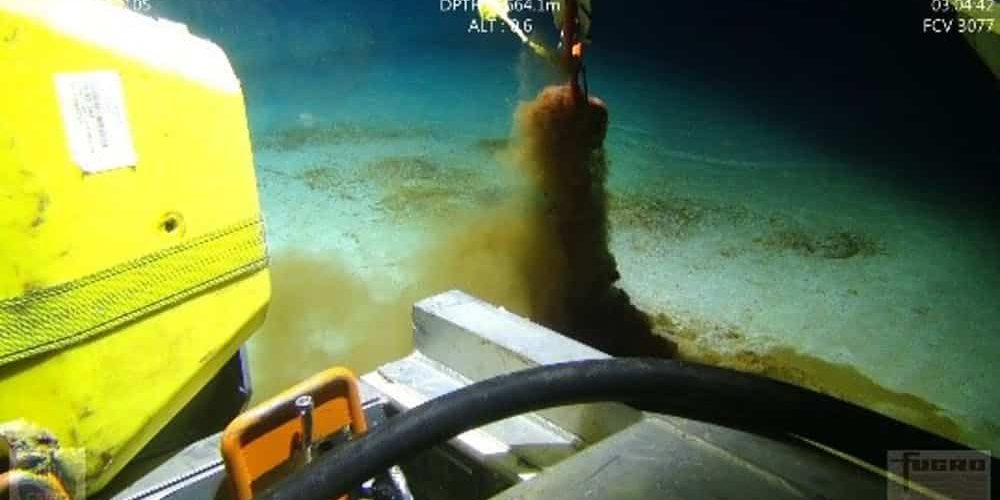
Interestingly, this is more than double the estimated amount of plastic pollution found on the ocean surface. In conclusion, the researchers stress that the study has expanded the state of knowledge about the amount of plastic pollution in our oceans and its impact on the environment.
The plastic pollution that ends up in the ocean is steadily getting worse. Regardless of the size of items made from plastic, the process always looks the same. The waste breaks down into smaller ones, ending up as microplastics, said Justine Barrett, CSIRO research project leader
A study has provided the first global estimate of the amount of microplastics found on the seabed. Even the deep ocean is affected, as evidenced by plastic objects found, for example, at the bottom of the Mariana Trench, which is the deepest place on Earth.
Millions of tonnes of plastic enter the marine environment every year and this is only expected to increase in the coming years. All this, despite increased attention on the harmful effects of plastic pollution on marine ecosystems, wildlife and human health.
The samples used in the surveys were collected using a remotely operated ROV that plunged to a maximum depth of 3,000 metres, in locations as far as 380 km off the south coast of Australia.

The amount of microplastics recorded in the samples taken was 25 times higher than in previous studies.
Based on deep-sea plastic density results and scaled up to ocean size, global microplastic pollution was calculated and estimated.
Dr Denise Hardesty, lead scientist and co-author of the study, said plastic pollution of the oceans is a globally recognised environmental problem and the results show the urgent need to develop effective solutions to the problem.
The study showed that the deep ocean is a veritable reservoir of microplastics. The number of microplastic fragments on the seabed was generally higher in areas where there was also more floating debris.
Photo: CSIRO

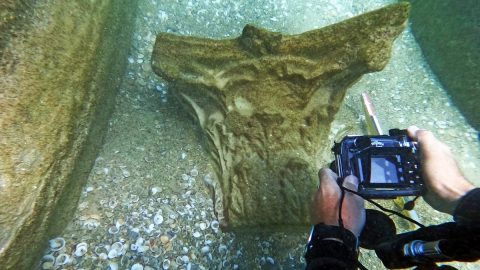
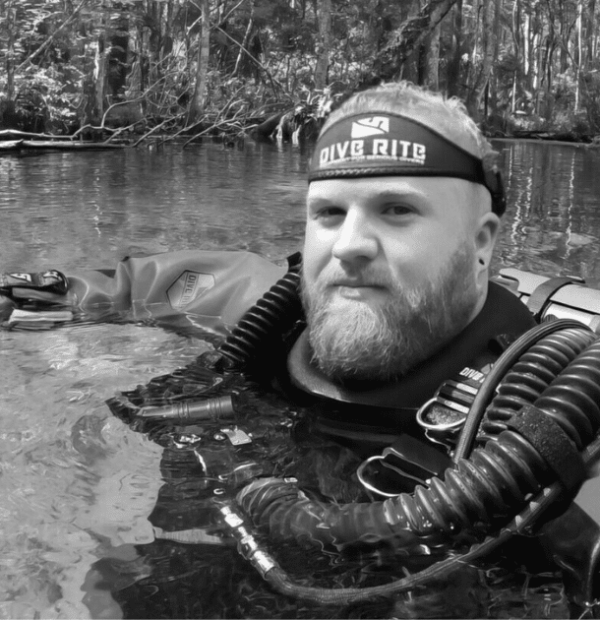

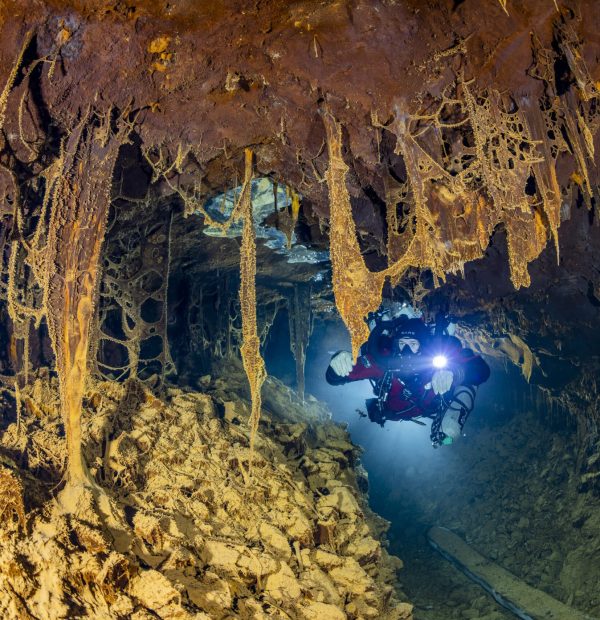
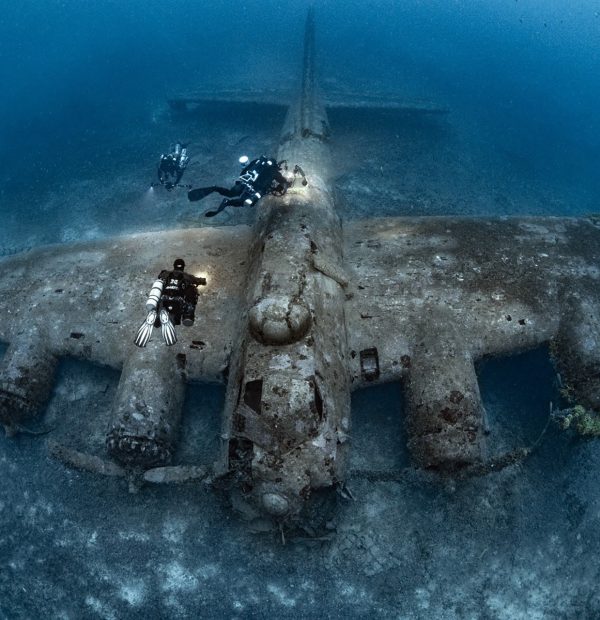
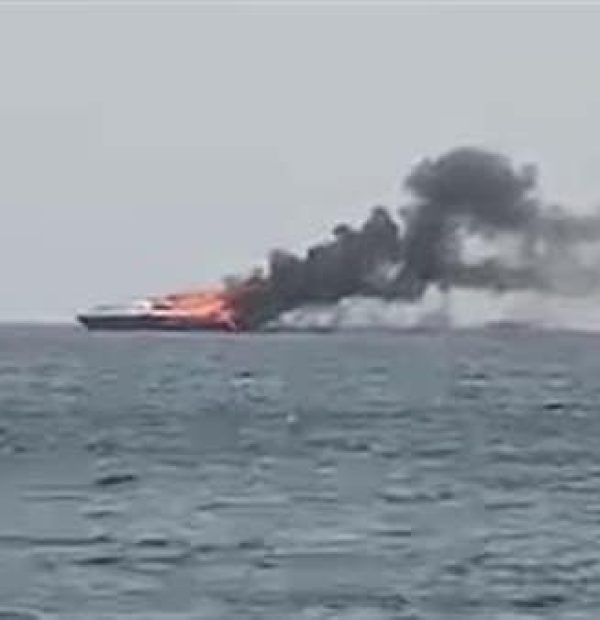
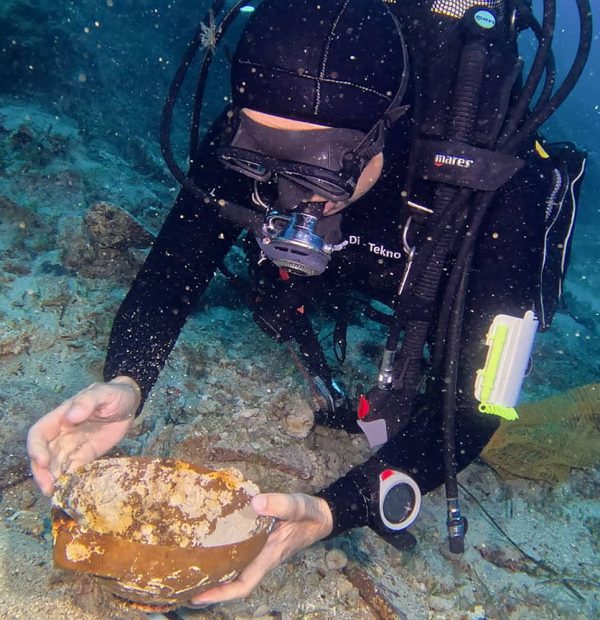
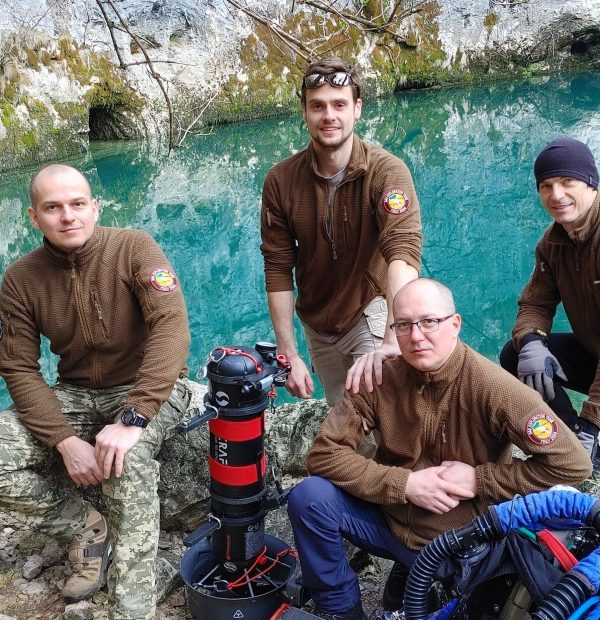

Welcome to DIVERS24.COM, your daily source of scuba news, freediving, scuba diving information, and equipment reviews. Our comprehensive coverage of the dive industry from A to Z provides you with all the latest scuba news, training updates, underwater photography tips, and everything else related to scuba diving. Whether you’re a beginner or an experienced diver looking for more knowledge about scuba gear or techniques – we’ve got it covered! With our in-depth articles written by experienced divers who have been there and done that, you are sure to find exactly what you need here at Divers24.com. Dive into scuba news today!
Underwater Media Sp. z o.o.
Szafarnia 11/F8,
80-755 Gdansk, Poland
Welcome to DIVERS24.COM, your daily source of scuba news, freediving, and scuba diving information. Sign in for a weekly news update and discount coupons for dive gear and apparel.
@2023 - underwatermedia.pl. All Right Reserved. Designed and Developed by Tworzenie stron internetowych Gdansk

The Divers24 portal is currently the largest online medium treating diving in Poland. Since 2010 we have been providing interesting and important information from Poland and around the world on all forms of diving and related activities.
Contact us: info@divers24.com